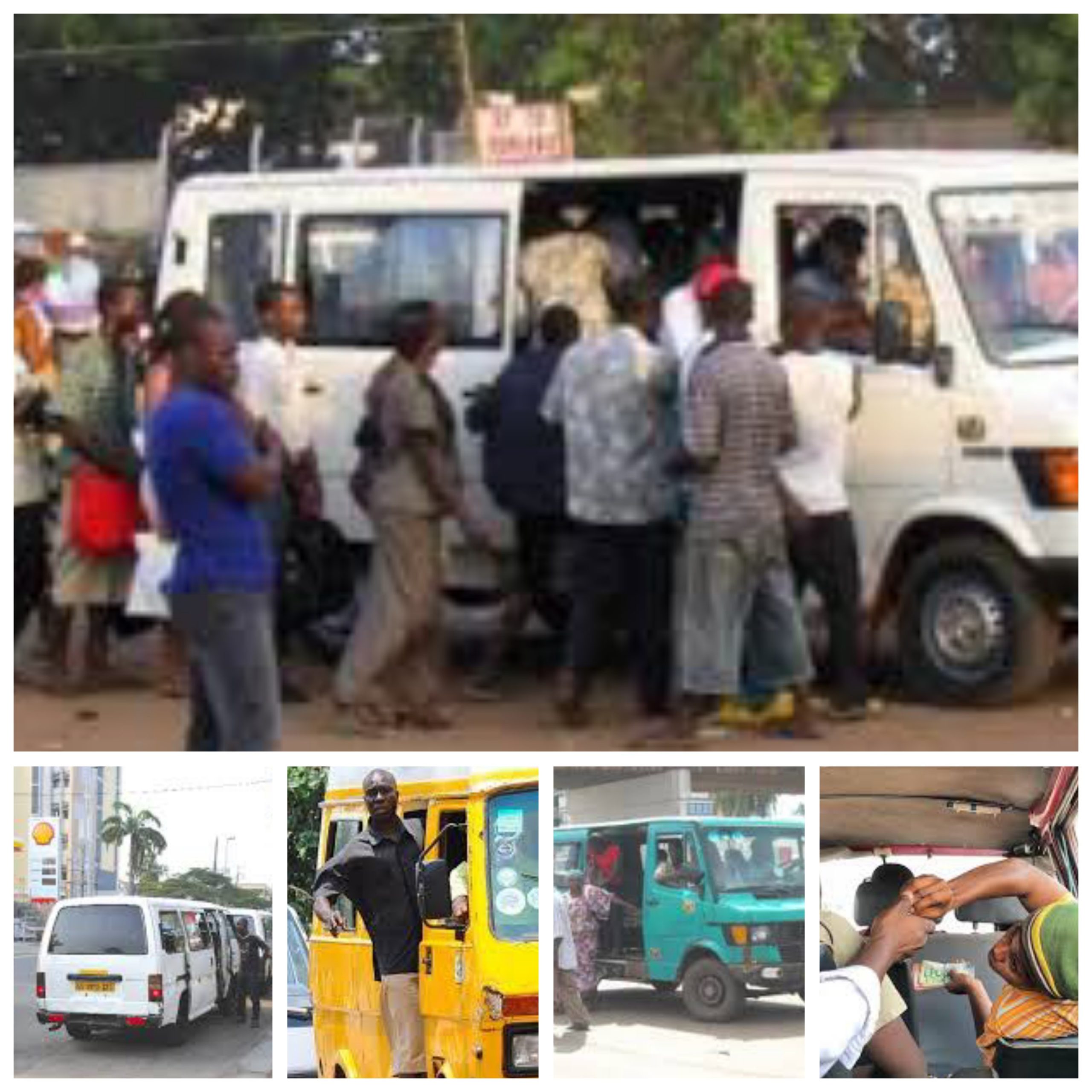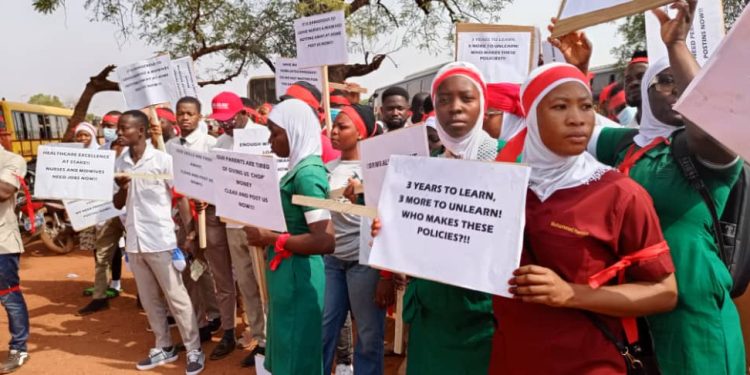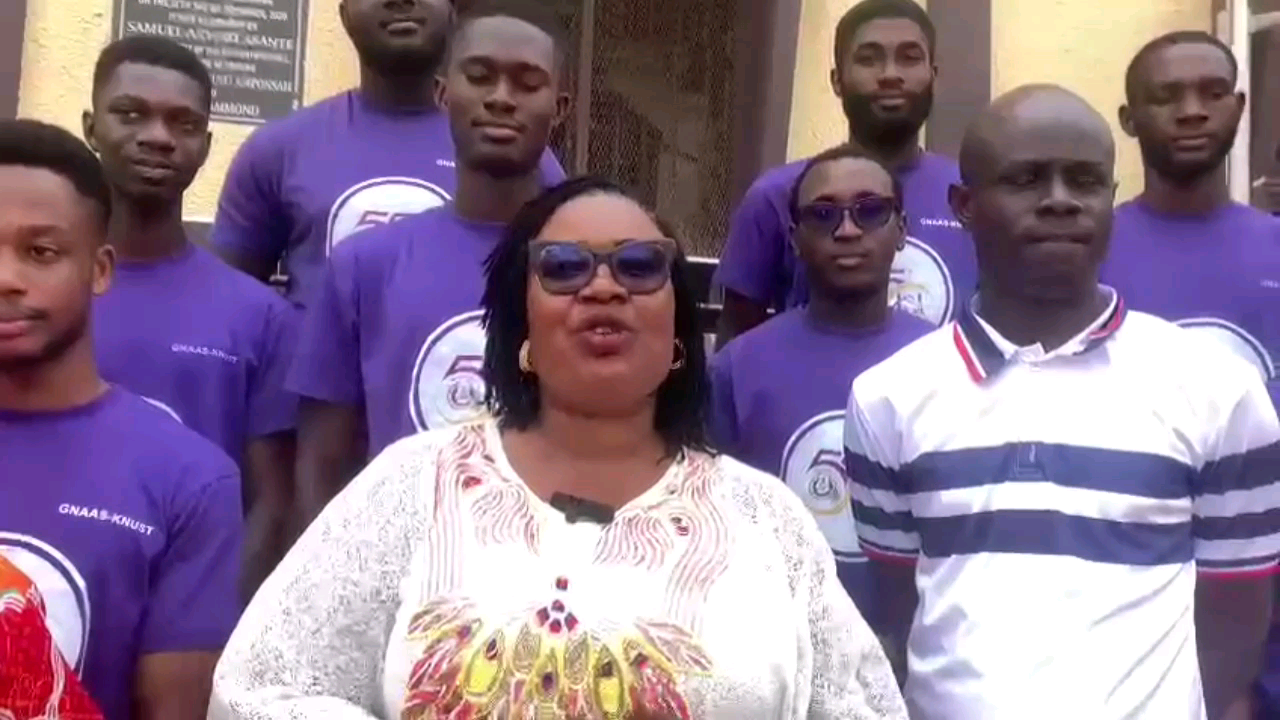The Deviant Practices of Commercial Vehicle Operators in Kumasi Must End


It seems it’s taking law enforcement agencies in the transport industry too long to crack down on commercial drivers in and around Kumasi who have been exploiting passengers over transportation fares. The silence, or rather, the inactive approach by these law enforcement agencies, has encouraged these deviant drivers and their attendants (mates) to cause unease to passengers, the majority of whom have no alternative means of transportation to get to their schools, workplaces, and trading places.
Economic Hardship
The illegal and unapproved fares charged by these drivers are causing economic hardship to passengers. Sometimes, these drivers and their attendants discretionarily charge 50-150% increases on the original fares, thereby draining the purses of passengers.
Low Productivity
Workers in private and public sectors, including traders, desire to close early to avoid paying high transportation fares. This situation leads to lateness to work, as people wait at roadside or lorry parks for vehicles charging normal fares or going directly to their desired destinations.

Laws on Transport Operations
In Ghana, laws governing transport operations include the Road Traffic Act, 2004 (Act 683), Road Traffic Regulations, 2012 (L.I. 2180), Transportation Act, 2009 (Act 778), and Vehicle and Road Traffic (Amendment) Act, 2016 (Act 920). These laws must be enforced to address the issue.
Transport Fares
Transport fares are set by the Ghana Private Road Transport Union (GPRTU) in collaboration with the Ghana Road Transport Coordinating Council (GRTCC). These two bodies work together to determine and adjust transport fares, considering factors like fuel prices and operational costs.

Enforcement of the Law to Remedy the Situation
According to Section 77 of the Road Traffic Act, 2004 (Act 683), every commercial vehicle operator must belong to a recognized transport association. Ensuring compliance with this regulation would help instill discipline among drivers and prevent the exploitation of passengers.
Conclusion
As George W. Bush, the 43rd President of the United States, once said, “Where there is suffering, there is duty.” It is imperative that law enforcement agencies, city authorities, transport associations, and other stakeholders collaborate to sanitize the transport system in Kumasi and protect the rights of passengers.
By Thomas Awuah Asem
Media Practitioner





